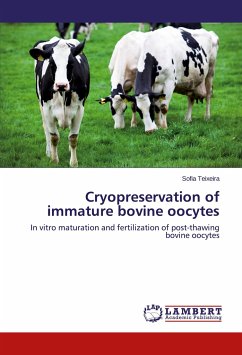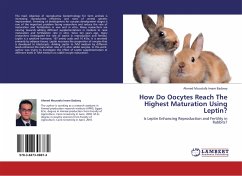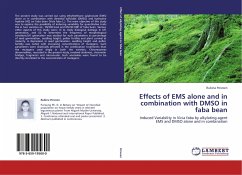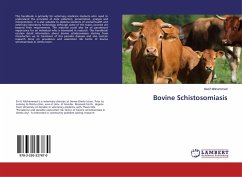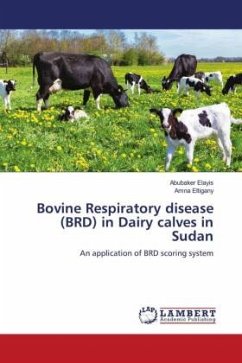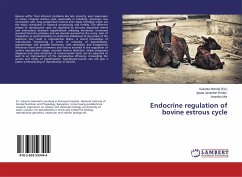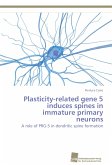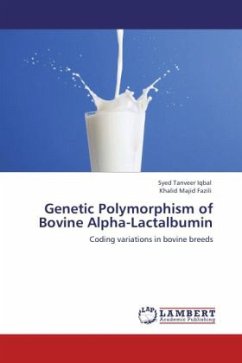Azores live in much from agriculture, mainly from cattle production, counting 249,000 cattle across the archipelago, being the major source of milk and red meat. To improve economic production, and the efficiency of explorations, embryo's production are very important, as it allows multiplying the number of descendants of a cow's elite from, reaching a twenty calves per year per cow. In the other hand, females in puberty can be used even without having gestational age. The present book provides a detailed research on in vitro production of bovine embryos, studying the changes occurred in the oocyte morphology during its maturation, the stages of embryonic development after fertilization and the developmental kinetics of the in vitro produced embryos. This book "Cryopreservation of immature bovine oocytes" can be considered as a laboratory guide for most sufficient procedures for in vitro technique to produce bovine embryos in vitro, as well as techniques involving freezing of bovine oocytes followed by maturation and IVF after oocyte's thawing.
Bitte wählen Sie Ihr Anliegen aus.
Rechnungen
Retourenschein anfordern
Bestellstatus
Storno

